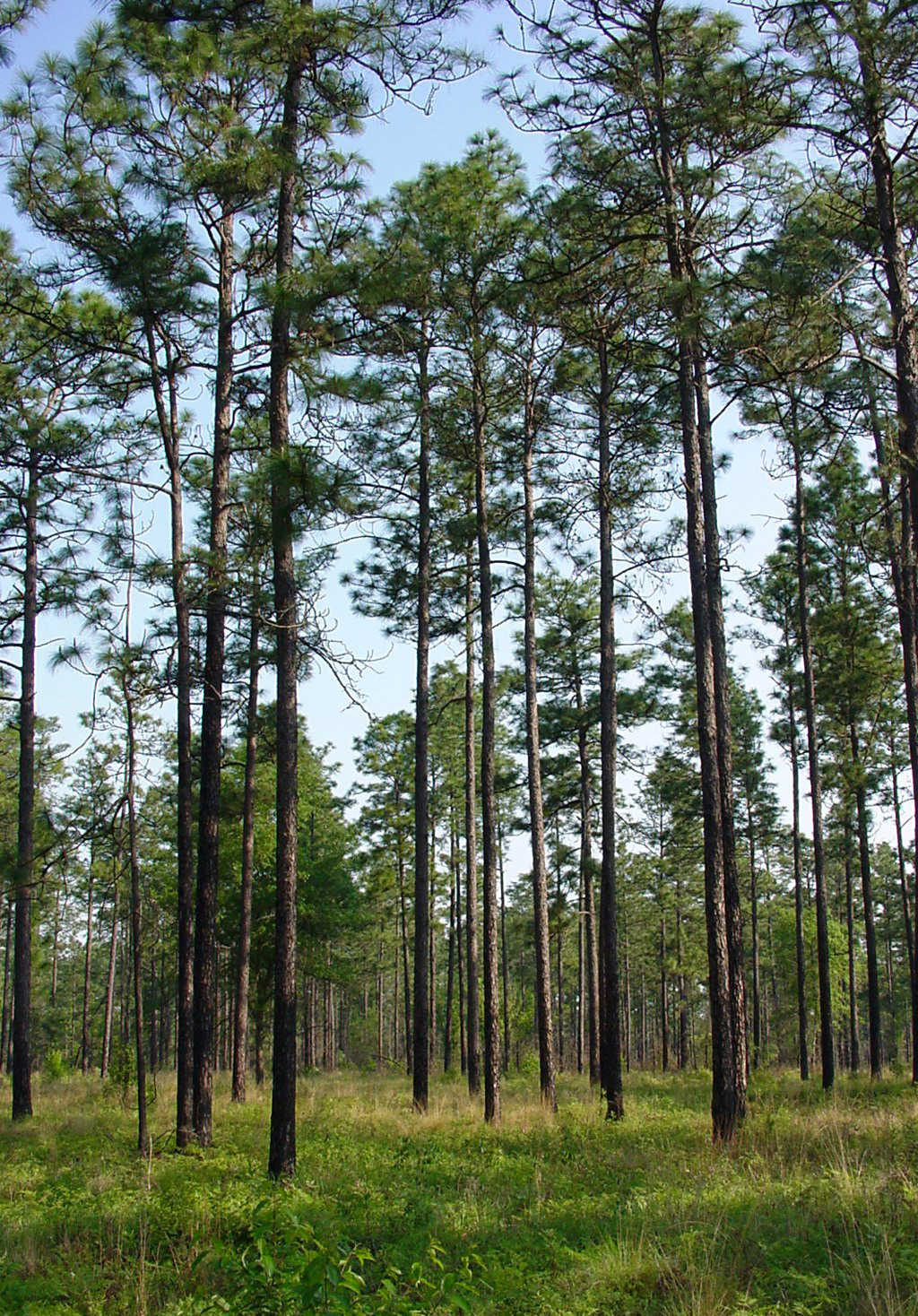Dear Prof. Schmalensee,
Thanks for your fascinating and timely Stanford talk on Monday - http://events.stanford.edu/events/726/72611/ - and great to meet you as well.
In asking about a cryptocurrency with blockchain and an Universal Basic Income for 7.5 billion people, re radical decarbonization, and later about a realistic virtual earth (at the cellular and atomic levels too) - think Google Streetview / Maps / Earth with TIME SLIDER married conceptually with OpenSim/Second Life for group build-ability, but realistic, with species' AVATAR BOTS - I wonder how a cryptocurrency within such a realistic virtual earth might further inform representations of knowledge, conceptually, and in terms of "Near-Term Policy Priorities to Enable Radical Decarbonization" from environmental economics' perspectives. How would you begin to address the implications of such questions?
Do you happen to know Dr. Richard Robb in the Boston area? He's a retired ophthalmologist (and Harvard emeritus professor) who is a family friend, and whom I've known since age 1 or 2. Your photo here - http://events.stanford.edu/events/726/72611/ - reminds me much of Dick Robb. :)
Also, in beginning CC MIT OCW-centric wiki World University and School (which is like CC Wikipedia in 358 languages with CC MIT OCW in 7 languages), one of our very first matriculating students (for an online Bachelor's Degree) is taking your MIT OCW course - https://ocw.mit.edu/courses/sloan-school-of-management/15-031j-energy-decisions-markets-and-policies-spring-2012/index.htm - as a kind of independent study.
World University and School's ~200 universities -
https://wiki.worlduniversityandschool.org/wiki/Nation_States - planned in these countries' official / main languages, would like to facilitate resources re "Near-Term Policy Priorities to Enable Radical Decarbonization" and re planned online law schools, as well. Here's WUaS's beginning Ocean_&_Climate_Management_Plan wiki subject - http://worlduniversity.wikia.com/wiki/Ocean_%26_Climate_Management_Plan - with much MIT OCW, and soon to move into our new wiki.
And lastly, I'd like to introduce you here to Larry Viehland, who is World University and School's (WUaS's) Chair of the Board, and CFO, and who also went to MIT in the 1960s in chemistry (as did his wife, K) - https://www.chatham.edu/physics/facultydetails.cfm?FacultyID=63 - graduating 4 years in 1969 after you did there in 1965 - http://rschmal.scripts.mit.edu/ and http://mitsloan.mit.edu/faculty-and-research/faculty-directory/detail/?id=41456.
Thank you again for your fascinating and timely Stanford talk.
Best regards,
Scott
--
- Scott MacLeod - Founder & President
- World University and School
- http://worlduniversityandschool.org
- http://scottmacleod.com
- CC World University and School - like CC Wikipedia with best STEM-centric CC OpenCourseWare - incorporated as a nonprofit university and school in California, and is a U.S. 501 (c) (3) tax-exempt educational organization.
*
| 6:06 AM (4 hours ago)  |   | ||
Dear Scott,
Thanks for writing.
Dick
*
| 7:40 AM (2 hours ago)  |   | ||
Thank you, too, Dick !
***
Woods Environmental Economics Forum: Near-Term Policy Priorities to Enable Radical Decarbonization - Richard Schmalensee

Monday, November 6, 2017
3:30 pm
Y2E2 Building, Room 299
Sponsored by:
Stanford Woods Institute for the Environment and the Department of Economics
Stanford Woods Institute for the Environment and the Department of Economics
Richard Schmalensee is Howard W. Johnson Professor of Economics and Management, Emeritus at MIT. He has served as Director of the MIT Center for Energy and Environmental Policy Research and, from 1998 through 2007, as Dean of the MIT Sloan School of Management. He was the Member of the President's Council of Economic Advisers with responsibility for energy and environmental policy from 1989 through 1991. Professor Schmalensee has published 11 books and more than 120 articles; his recent work focuses on applications of industrial organization economics to energy and environmental policy. He is a Fellow of the Econometric Society and the American Academy of Arts and Sciences, a Director of the National Bureau of Economic Research, and Chairman of the Board of Resources for the Future.
- Monday, November 6, 2017
3:30 pm – 5:00 pm - Y2E2 Building, Room 299
How best and how soon could we model in a realistic virtual earth plant species absorbing CO2 worldwide - to actually reverse global warming?
*
"plant species that absorb the most co2 wikipedia"
https://www.mnn.com/earth-matters/climate-weather/blogs/how-much-are-plants-helping-us-fight-climate-change
http://www.science20.com/the_conversation/plants_absorb_more_co2_than_we_thought_but-147714
https://sustainability.stackexchange.com/questions/786/which-tree-consumes-most-carbon-dioxide-and-poisonous-gases
https://en.wikipedia.org/wiki/Carbon_dioxide
https://en.wikipedia.org/wiki/Carbon_sink
https://en.wikipedia.org/wiki/Photosynthesis
https://en.wikipedia.org/wiki/NASA_Clean_Air_Study
https://en.wikipedia.org/wiki/Carbon_fixation
https://en.wikipedia.org/wiki/Carbon_dioxide
https://en.wikipedia.org/wiki/Carbon_sink
https://en.wikipedia.org/wiki/Photosynthesis
https://en.wikipedia.org/wiki/NASA_Clean_Air_Study
https://en.wikipedia.org/wiki/Carbon_fixation
"broadleaf pine species wikipedia"
"most widespread pine species"
http://www.conifers.org/pi/Pinus_thunbergii.php
https://books.google.com/books?id=TbqcdKHtfGwC&pg=PA77&lpg=PA77&dq=%22most+widespread+pine+species%22&source=bl&ots=qHvugDfbo_&sig=CDOnwppb-CBCg5-b_kzVlzJDglk&hl=en&sa=X&ved=0ahUKEwilyba0krLXAhVpjlQKHSctB1MQ6AEIKDAA#v=onepage&q=%22most%20widespread%20pine%20species%22&f=false
https://en.wikipedia.org/wiki/Jack_pine
...


